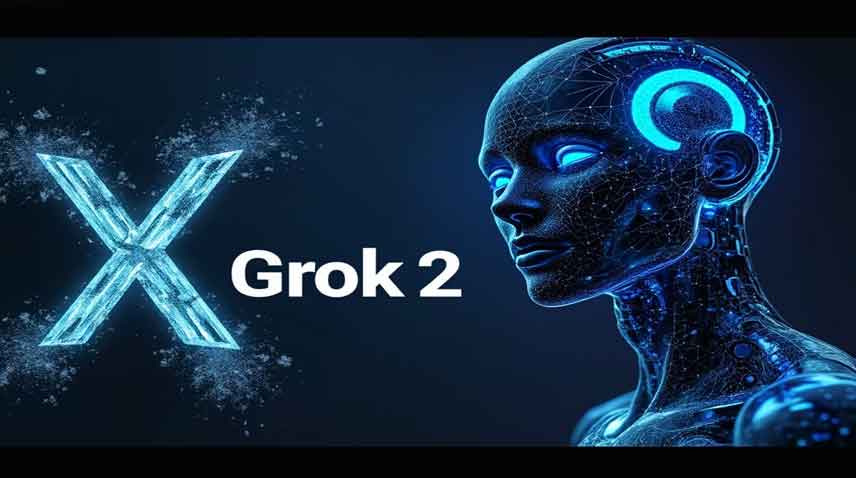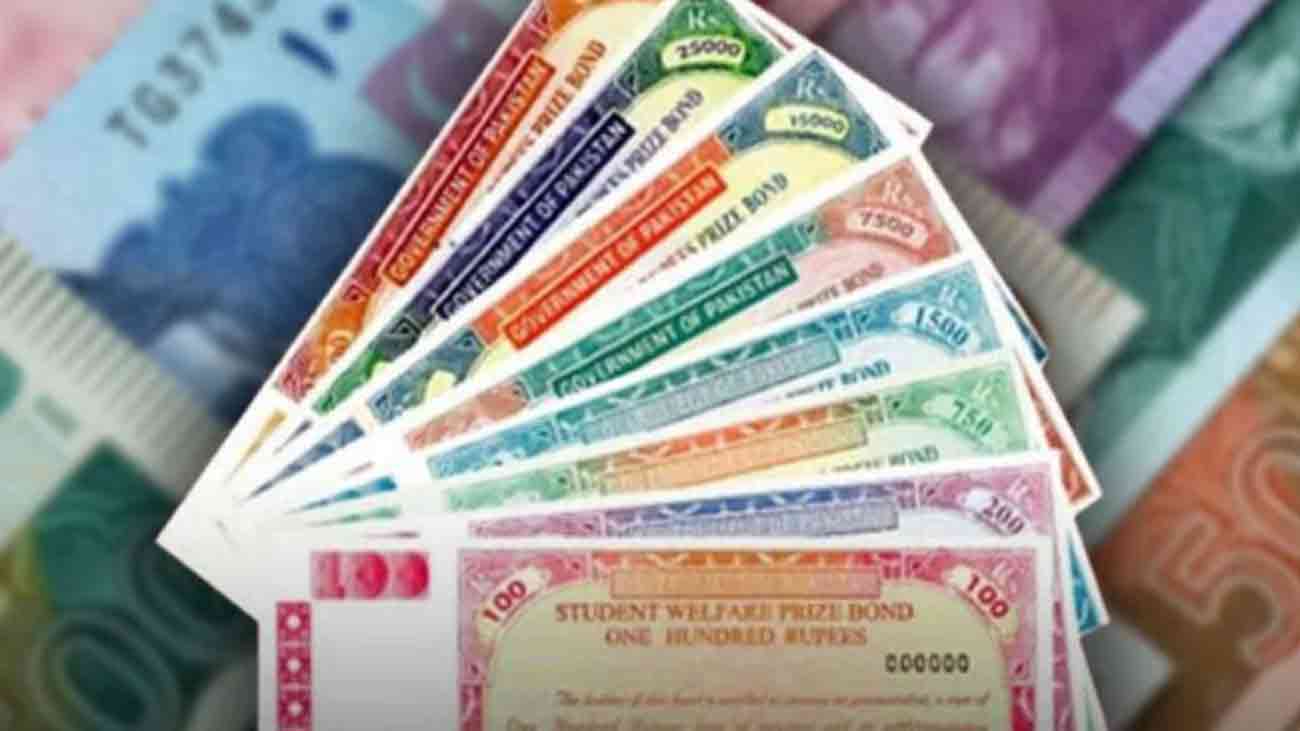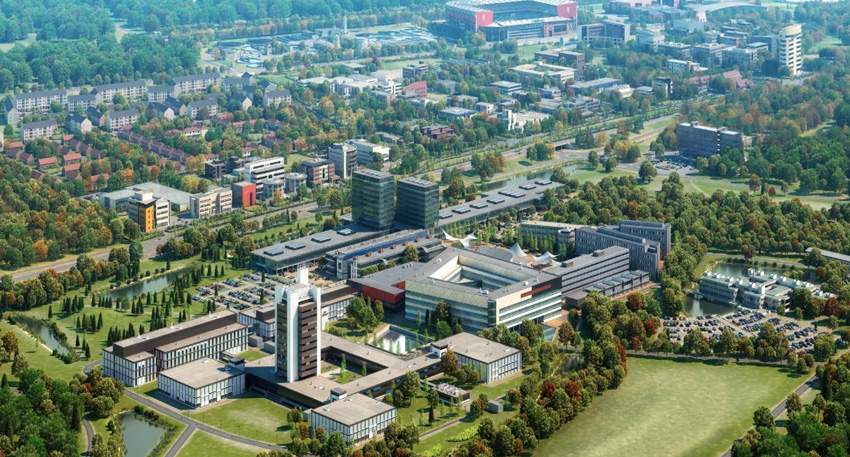
The network has so far limited its AI chatbot Grok (built by Elon Musk’s other company xAI) to its premium, paying users.
What to do for free Grok services?
To use Grok for free, your account should be at least seven days old and have a phone number linked to it.

Over the weekend, several app researchers and users posted about a free version of Grok being made available to people in certain regions.
It has been confirmed by TechCrunch that X is at least testing access to Grok for free users in New Zealand.
There are limits on the usage for now: 10 queries per two hours with the Grok-2 model, 20 queries per two hours with the Grok-2 mini model, and three image analysis questions per day, according to a researcher who goes by Swak on X.
Grok-2 gives image generation capacities, backed by Black Forest Labs’ FLUX.1 model. Late last month, the company also gave the model the ability to understand images.
All these features were available only to Premium and Premium+ users until now. By opening up Grok to free users, xAI is possibly looking for a more significant userbase and faster feedback cycle for its products, so that it can better compete with other models on the market like ChatGPT, Claude, and Gemini.




